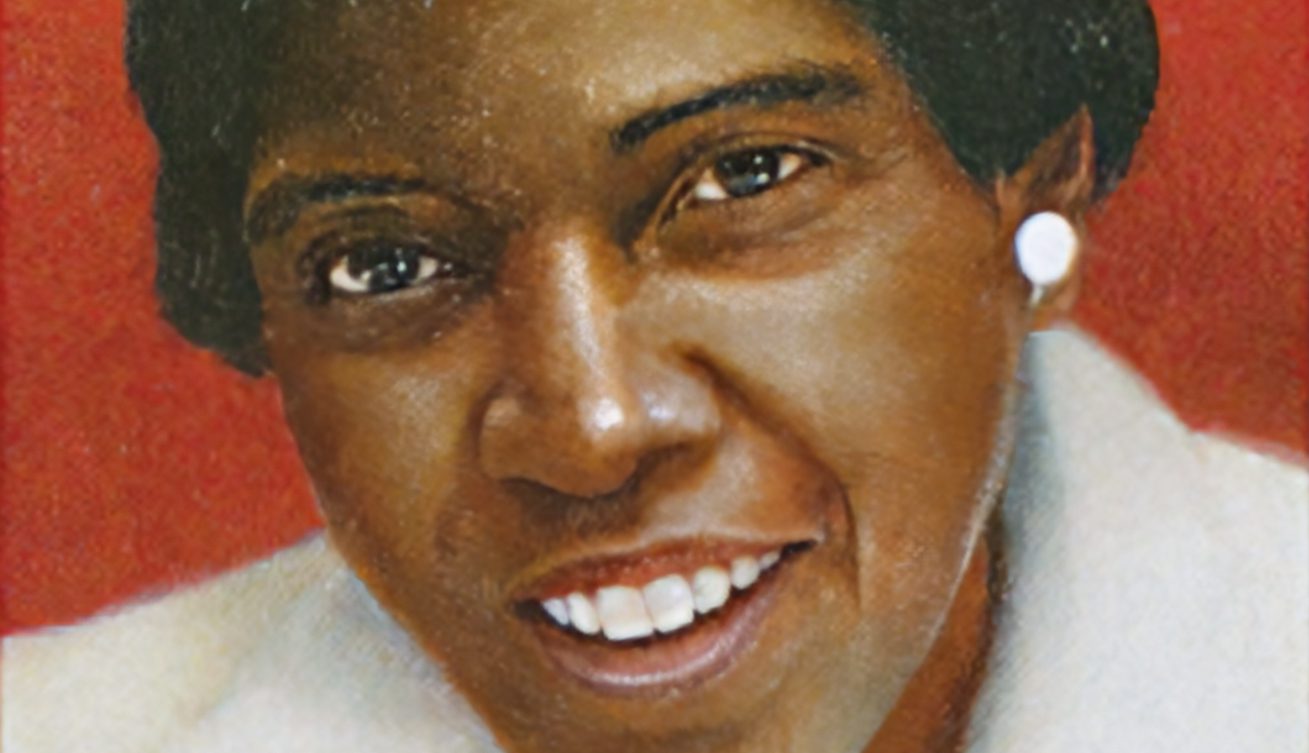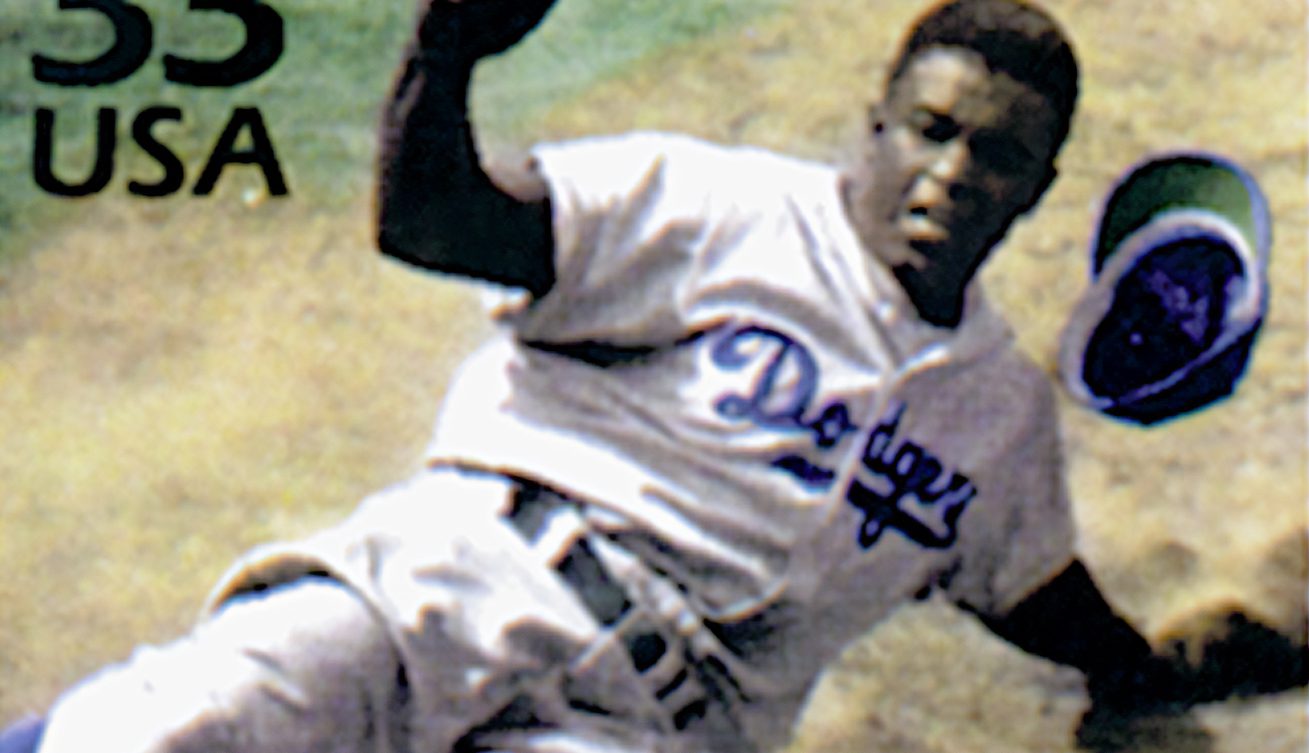Death of Harriet Tubman
Abolitionist and humanitarian Harriet Tubman died on March 10, 1913, in Auburn, New York. She was the most famous “conductor” on the Underground railroad, helping more than 300 enslaved people escape to freedom.

Abolitionist and humanitarian Harriet Tubman died on March 10, 1913, in Auburn, New York. She was the most famous “conductor” on the Underground railroad, helping more than 300 enslaved people escape to freedom.

Barbara Charline Jordan was born on February 21, 1936, in Houston, Texas. She was the first African-American woman elected to the Texas Legislature and the first African American woman from a southern state to serve in the US Congress.

While the exact date of abolitionist Frederick Douglass’s birth is unknown, it’s generally considered to be February 14, 1818. Douglass was an abolitionist and suffragist, one of the leading civil rights leaders of the 19th century.

Baseball legend Jackie Robinson, who was born on January 31, 1919, in Cairo, Georgia. He was the first African American baseball player in the major leagues and had an impressive decade-long career that earned respect and admiration.

On December 26, 1966, Maulana Karenga celebrated the first Kwanzaa. With its fusion of ancient African practices and African-American ideals and aspirations, Kwanzaa is a non-denominational celebration.

While Scott Joplin’s exact birthdate is unknown, it’s often considered to be November 24, 1868, as shown on his tombstone. Joplin was dubbed the “King of Ragtime Writers,” known for hits such as “Maple Leaf Rag” and “The Entertainer.”

Jazz musician Coleman Randolph “Hawk” Hawkins was born on November 21, 1904, in Saint Joseph, Missouri. Hawkins is credited with establishing the tenor saxophone as a prominent jazz instrument.

Composer and musician William Christopher Handy was born on November 16, 1873, in Florence, Alabama. He called himself the “Father of the Blues” for his role in popularizing the style on a national level.

Inventor Jan Matzeliger was born on September 15, 1852, in Paramaribo, Dutch Guyana (present-day Surinam). He invented a device that is considered “the most important invention for New England” and the “greatest step forward in the shoe industry.”